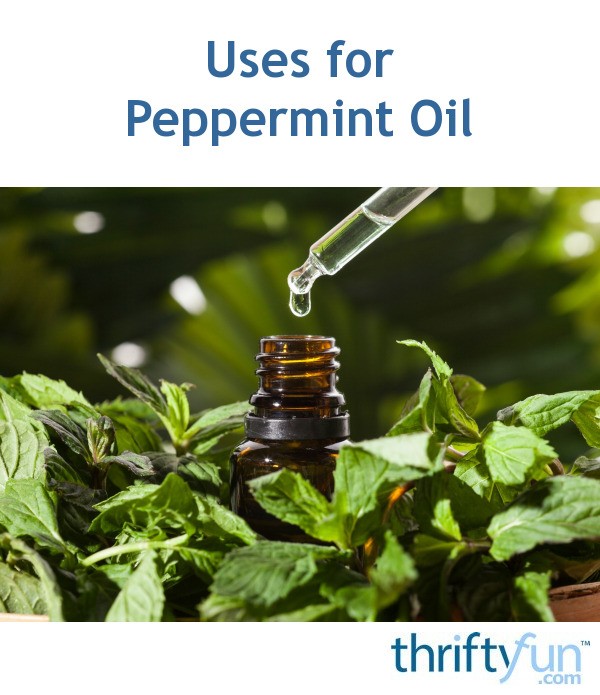
It may not have the direct impact of a peppermint capsule, but it still might be worth a try.

“Studies that showed benefit in improving IBS symptoms used two tablets of enteric-coated peppermint oil twice a day for at least four weeks,” she says.Īnother option is peppermint gum. Charabaty says the clinical evidence is pretty clear that coated capsules –available at health food stores, grocery stores, and online – are the way to go. “The enteric-coated form of peppermint oil bypasses the stomach and is released in the small bowel,” she says, “so the enteric-coated form should not affect the gastroesophageal sphincter.” Dr. If you have indigestion, irritable bowel syndrome, or pain lower in your gut, then you may want to try peppermint.Īline Charabaty, MD, director of the Center of Inflammatory Bowel Disease at Georgetown University Hospital in Washington, D.C., recommends using coated capsules of peppermint oil. If you have heartburn or GERD, it’s probably best to steer clear of mint-flavored products to avoid the irritation that can come along with it. This can cause stomach acid to pour back into the esophagus and make heartburn or GERD worse. According to the University of Maryland Medical Center, peppermint can actually relax the sphincter muscle which closes off the stomach from the esophagus. When it comes to digestive pain higher up in the digestive tract, such as heartburn due to GERD, peppermint might not be such a good idea. Since then, multiple studies have confirmed peppermint oil to be a beneficial treatment for IBS.

This channel, called TRPM8, may reduce the pain linked to eating some spicy foods like mustard or chili, according to researchers. The compounds in peppermint actually activate an anti-pain channel in the colon. However, while the minty treat can help some digestive conditions, like indigestion and gas, it may hurt others, such as heartburn due to gastroesophogeal reflux disease (GERD).Ī study from 2011 published in Pain showed why peppermint might help people with irritable bowel syndrome, or IBS. It is not recommended for use in children unless the doctor has advised.If you have an upset stomach, your first instinct may be to suck on a peppermint candy or brew a soothing cup of peppermint tea. Pregnant and breastfeeding women should consult their doctor before using PEPPERMINT OIL. The oral form is not recommended in patients with the absence of hydrochloric acid in gastric secretions (a condition called achlorhydria). Before using PEPPERMINT OIL, let your doctor know if you have any medical history. Let your doctor know if you are sensitive or allergic to PEPPERMINT OIL or any other medications. If the side effects persist longer or worsen, please seek a doctor's advice. These side effects may not occur in every patient using this medication and differ individually.
#Peppermint capsules skin#
Although peppermint oil is generally well-tolerated, some may experience common side effects like heartburn, burning sensation in the rectal area (when taken orally), skin irritation (when applied topically). Your doctor will advise the appropriate dose that suits your medical condition. It is also known to reduce headaches and muscle pain. The topical form of peppermint oil is used to relieve cold and cough symptoms when applied locally. It also promotes the bile flow and relaxes the muscles of the gastrointestinal tract, and thus eases the symptoms of reflux.


The gastro-resistant tablets of peppermint oil are formulated to dissolve in the intestines instead of the stomach to reduce heartburn symptoms. It is an antispasmodic agent that prevents spasms in the gastrointestinal tract. PEPPERMINT OIL contains peppermint oil, an essential oil extracted from the peppermint leaves. Irritable bowel syndrome is an intestinal disorder, which causes stomach pain, wind, constipation, and diarrhoea. PEPPERMINT OIL belongs to the class of 'antimicrobial agents,' primarily used to treat irritable bowel syndrome (IBS), indigestion, Crohn's disease (chronic inflammatory bowel disease), ulcerative colitis (inflammation in the colon), and heartburn.


 0 kommentar(er)
0 kommentar(er)
